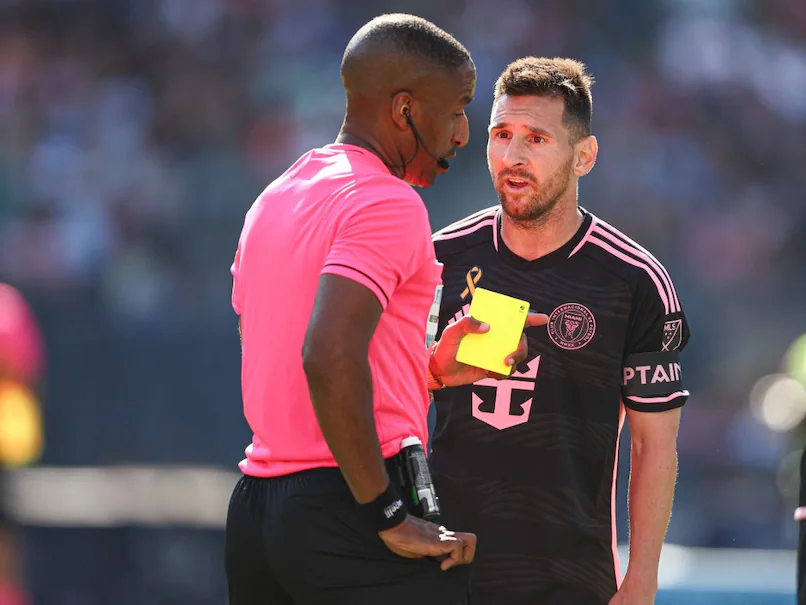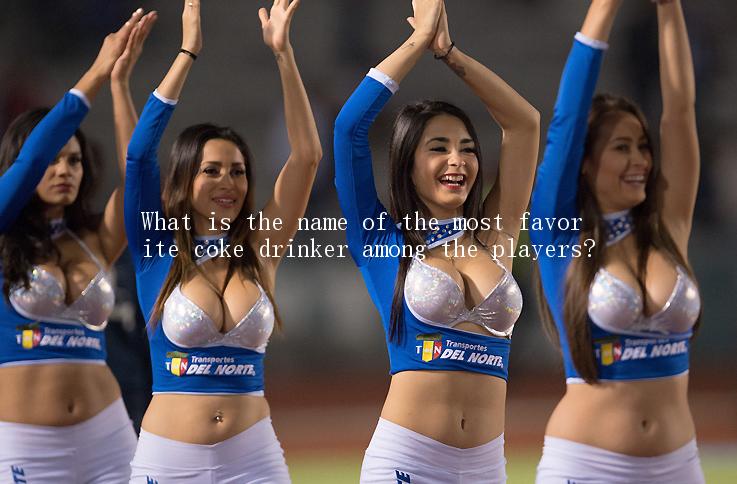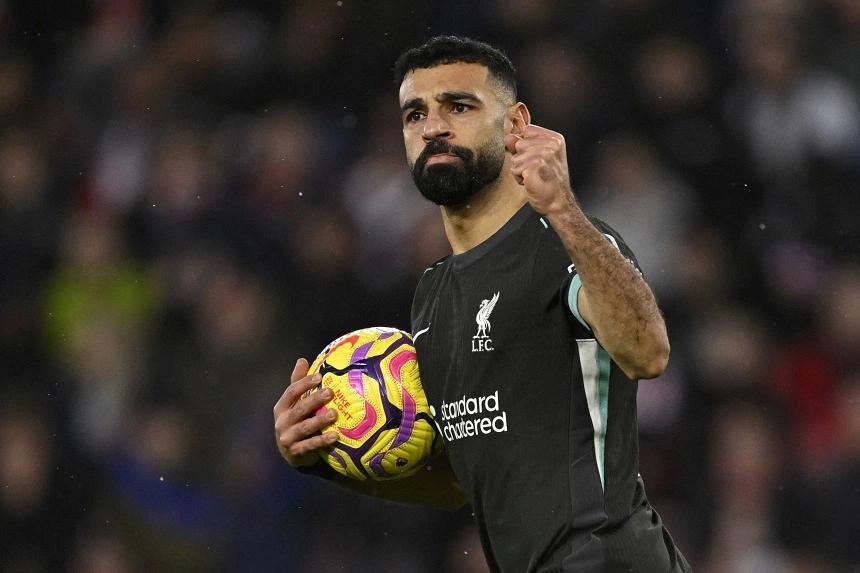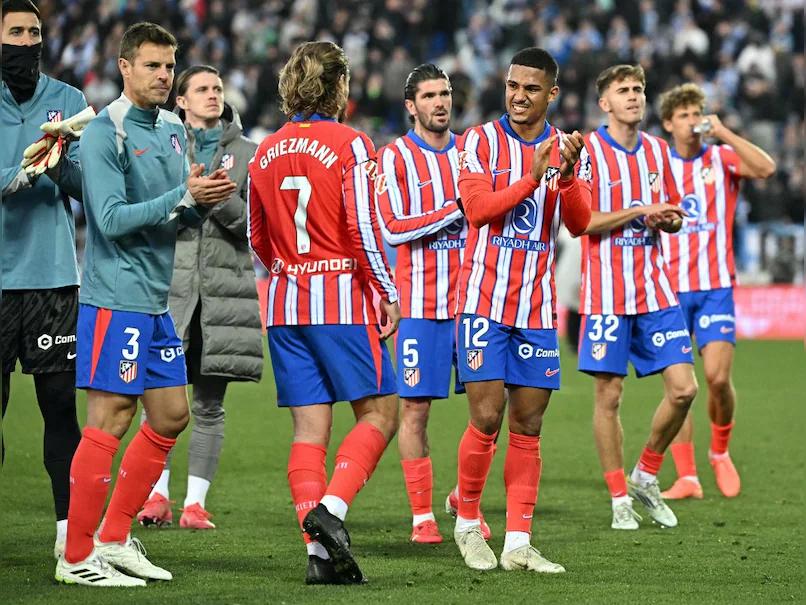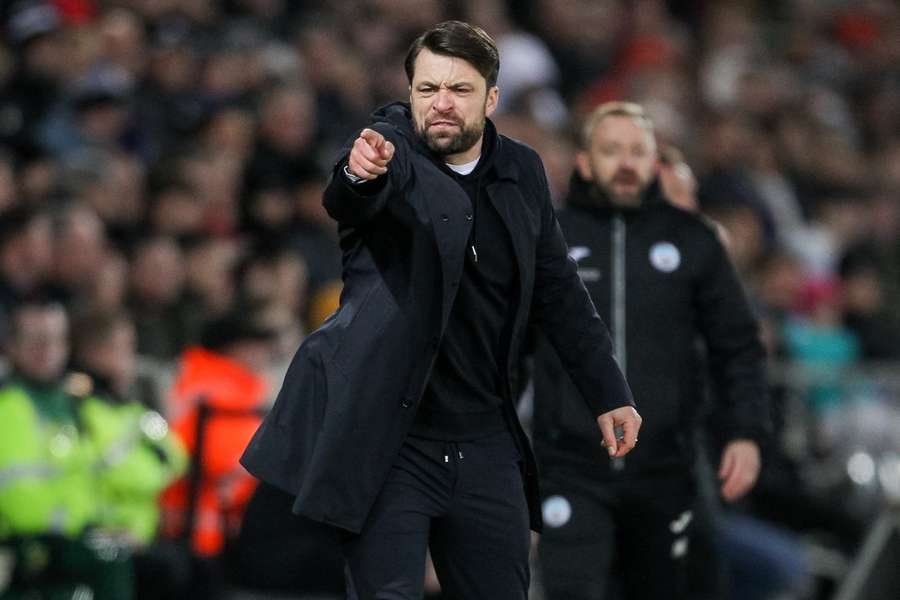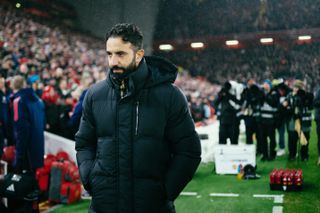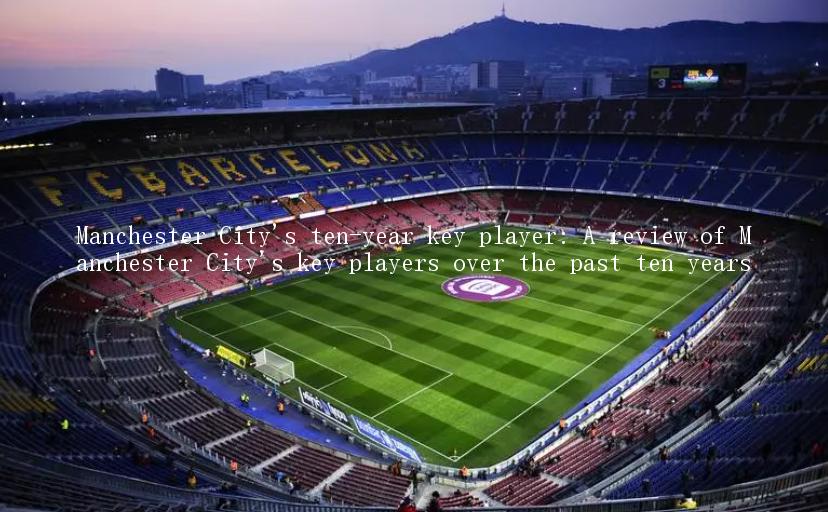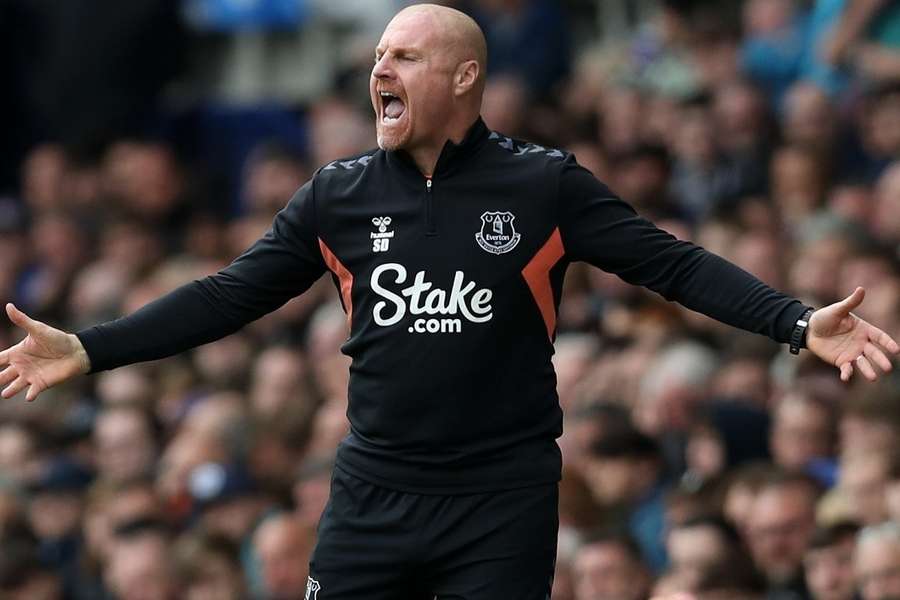The decline of managerial cults in England
LONDON – The influence of managers in English football is undeniable and inescapable.
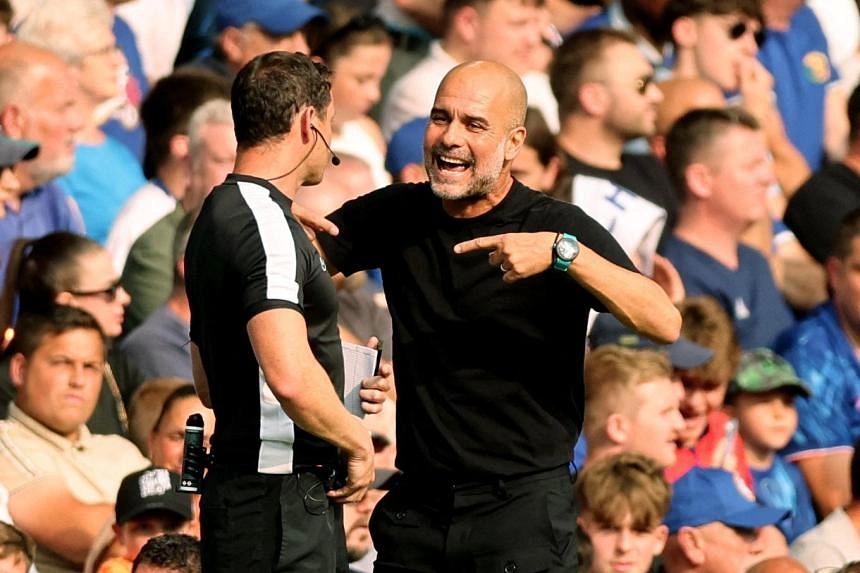
Some of the greatest are commemorated with statues outside their clubs’ stadiums – Herbert Chapman and Arsene Wenger at Arsenal, Bill Shankly and Bob Paisley at Liverpool, Matt Busby and Alex Ferguson at Manchester United, to name a few.
These men did not just win hearts, minds and trophies. They shaped eras.
Players are adored, but managers – the truly great managers – are placed on a pedestal. Their modern-day successors are left knowing, without a doubt, that they are standing on the shoulders of giants.
But the cult of the manager is not what it was.
We might obsess more than ever about the minutiae of their work – their overarching philosophy, their team selection, their in-game management, even their body language on the sideline. But their expected shelf life and the scope of their work has been vastly reduced.
For the past 10 Premier League managers to leave their jobs, their average tenure was 722 days – a shade under two years. But that figure was inflated by Jurgen Klopp’s almost nine years at Liverpool.
Among the 10 before that, the average was just 348 days. How can a manager be expected to shape an era when it has become a battle to last only a year, never mind two?
The power structure within the English game has been changing for two decades. The diversification of ownership models vastly increased the financial stakes, heralding a setup that replaces all-powerful managers with head coaches who appear expendable in the chain of command from sporting directors to CEOs to owners.
Some are still known as the “manager”. Pep Guardiola at Manchester City, Mikel Arteta at Arsenal and Unai Emery at Aston Villa were elevated from “head coach” under the terms of their new contracts after successful starts to their tenures. Those three are the most powerful, secure figures in the Premier League coaching fraternity.
But it is not really about job titles. It is about where the power lies within a club.
Head coaches are expected to excel on the training fields and in the dressing rooms. Their opinions might be valued in discussions about player recruitment, but they are unlikely to be the ones calling the shots on transfers.
Erik ten Hag did so at times in his first two summer transfer windows at United, but the new sporting director Dan Ashworth and the new technical director Jason Wilcox will now hold sway.
RELATED STORIES



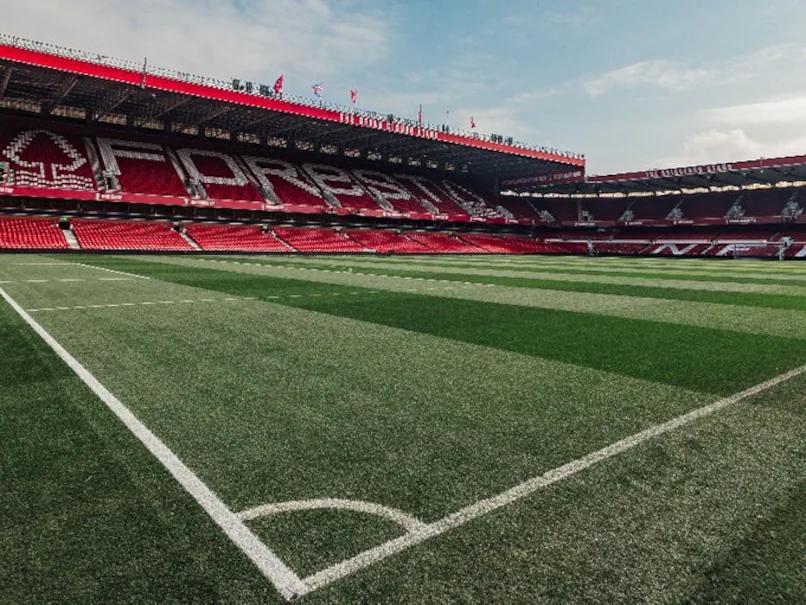
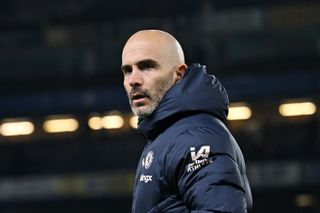
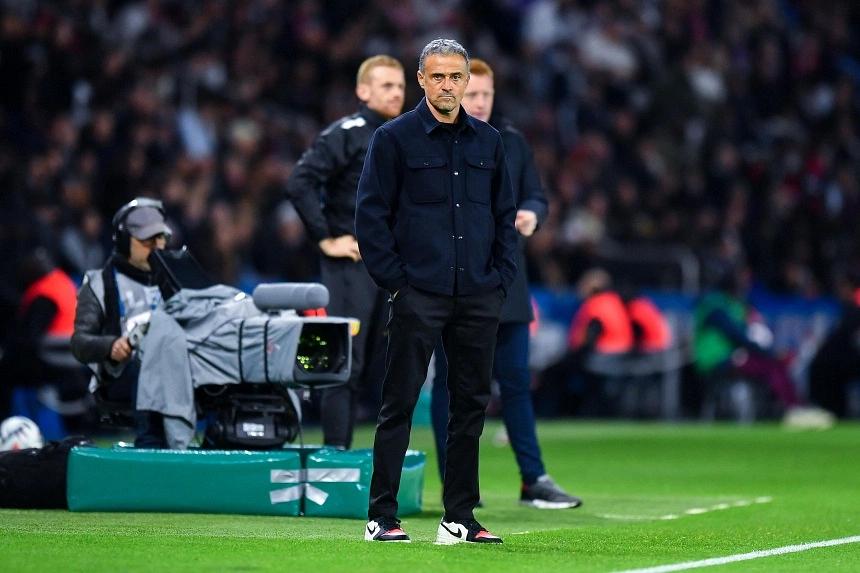
LATEST NEWS
